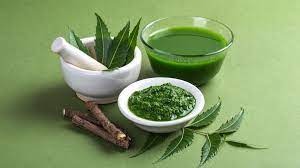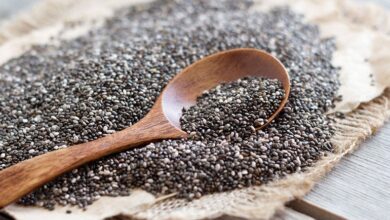Which kind of salt is better for your health, iodized or sea salt?
A necessary component of our everyday diet is salt. It is essential for preserving our health in addition to enhancing the flavor of our meals. It might be difficult to figure out which salt is healthier, however, given the variety of varieties that are now available on the market. Iodized salt and sea salt are two common varieties of salt that are often contrasted. We’ll talk about the distinctions between these two kinds of salt here and find out which is healthier for you.

Iodized Salt:
One mineral that is necessary for our bodies to operate properly is iodine. It aids in the synthesis of thyroid hormones, which are essential for controlling human growth, development, and metabolism. Iodine deficiency conditions including goitre, hypothyroidism, and mental impairment may result from a diet low in iodine.
Many nations have made the use of iodized salt mandatory in an effort to treat iodine deficiency. Table salt that has been enriched with iodine is known as iodized salt.
Sea Salt: The process of evaporating saltwater yields sea salt. It is little processed and has elements not found in table salt, such potassium, calcium, and magnesium. Additionally, sea salt is available in many grades, such as coarse, fine, and others, each of which is intended for a particular application in cooking.
Which is more beneficial to your health?
Iodine concentration is the primary distinction between sea salt and iodized salt. Sea salt doesn’t have any extra iodine added to it, but iodized salt does have a suitable quantity. This indicates that you might run the danger of iodine shortage if your only source of iodine is sea salt.
But sea salt does offer some health advantages that make it a well-liked option for health fans. When compared to iodized salt, it is said to have a more nuanced flavor character and contain more minerals. These minerals are necessary for many body processes, including blood pressure regulation and nervous system health maintenance.
Does this imply, however, that sea salt is a healthier choice? Not always. Sea salt is not a dependable supply of iodine, even if it can provide some additional health advantages. In fact, the World Health Organization states that eating just sea salt may increase the incidence of iodine deficient illnesses.
Furthermore, trace quantities of the other minerals found in sea salt are readily gained via a diet that is well-balanced. Therefore, even while sea salt could provide a few more nutrients, it shouldn’t be the only place to get these elements.
Iodized salt is thus the undisputed winner as it not only offers the right quantity of iodine for normal body processes but also aids in the prevention of iodine deficient illnesses. In addition, iodized salt is easier to get and less expensive than sea salt.







